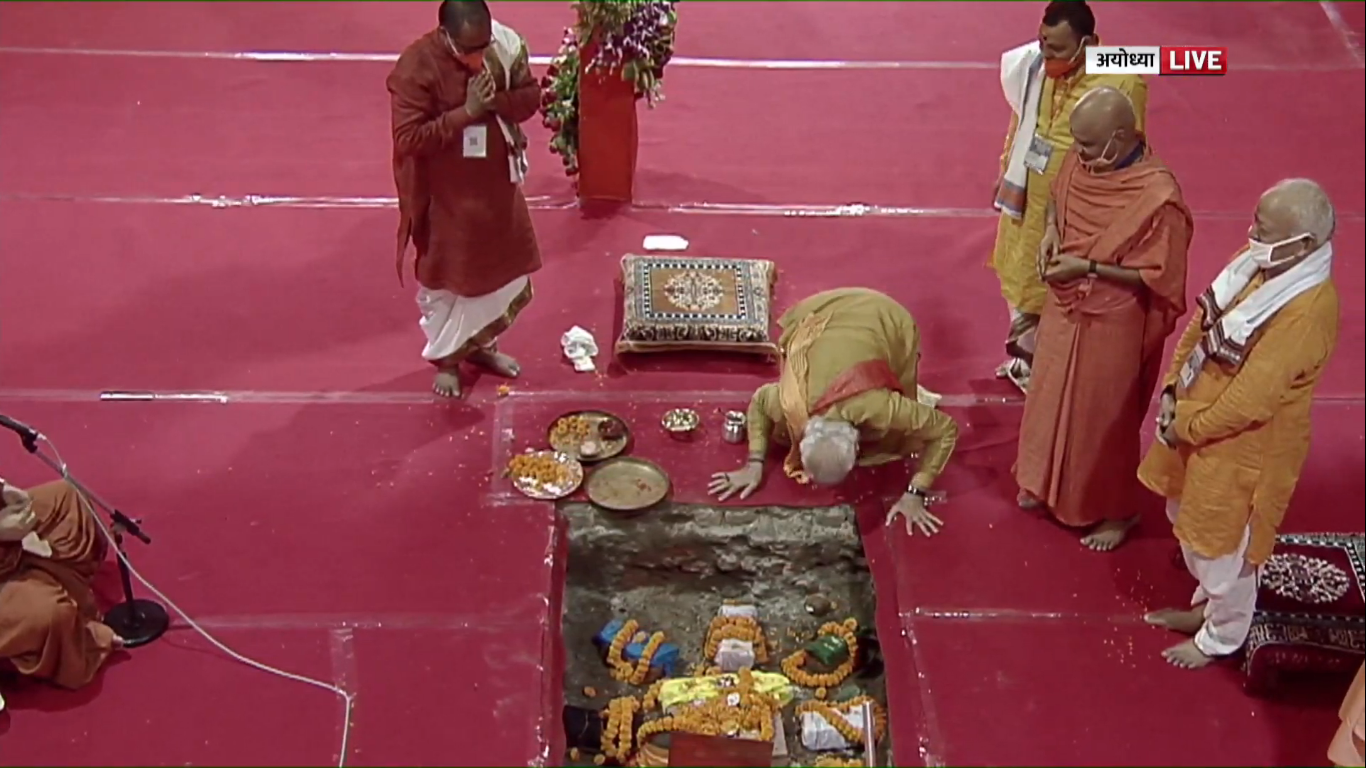New Delhi, Nov 13: The Supreme Court on Wednesday directed the Centre to explore the feasibility of a hydrogen-based Japanese technology as a permanent solution to the air pollution in the NCR region and other parts of north India.
The court directed the Centre to expedite the deliberations on the issue and come before the court with its findings on December 3.
The development comes as Delhi's air quality neared the "emergency" zone for the second time in a fortnight on Wednesday due to raging farm fires in neighbouring states and unfavourable weather conditions.
A bench comprising Chief Justice of India (CJI) Ranjan Gogoi and CJI designate S A Bobde said since Solicitor General Tushar Mehta has himself brought to the court's notice a technology which is the outcome of a research by a university in Japan, the Centre will explore the feasibility of using it in the National Capital Region (NCR) and other parts of north India.
At the outset, the bench said there is a need for a permanent solution to the air pollution which has been affecting the people in the NCR region and remaining northern India.
Mehta told the bench that a university in Japan conducted a research keeping in view the air pollution in the NCR region and northern India.
He said the research is quite innovative and the government thinks it can use the technology to combat the prevailing pollution levels in the region.
The solicitor general introduced to the bench a researcher from a university in Japan, Vishwanath Joshi, who apprised it about the hydrogen-based technology that has the potential to eradicate air pollution.
The court also said there are similar matters pending before other benches and they can be amalgamated for the hearing.






Comments
Add new comment